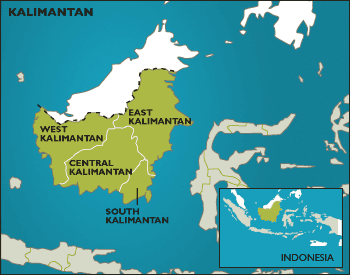- Home
- About
- Campaigns
- Regions
- Themes
- Agrofuels
- Climate justice
- Coastal communities and fisheries
- Disasters
- Economy & debt
- Energy
- Foreign investment
- Forests & forest fires
- Human rights
- Indigenous Peoples
- International Financial Institutions
- Land and food security
- Laws & regulations
- Mining, oil & gas
- Plantations
- Politics & democracy
- REDD
- Regional autonomy
- Transmigration
- Water and dams
- Women
- Publications
- Links
- Contact
Theme
- Climate justice (5)
- Foreign investment (1)
- Forests & forest fires (4)
- Human rights (2)
- Indigenous Peoples (5)
- International Financial Institutions (1)
- Land and food security (1)
- Laws & regulations (5)
- Mining, oil & gas (1)
- Plantations (1)
- REDD (3)


